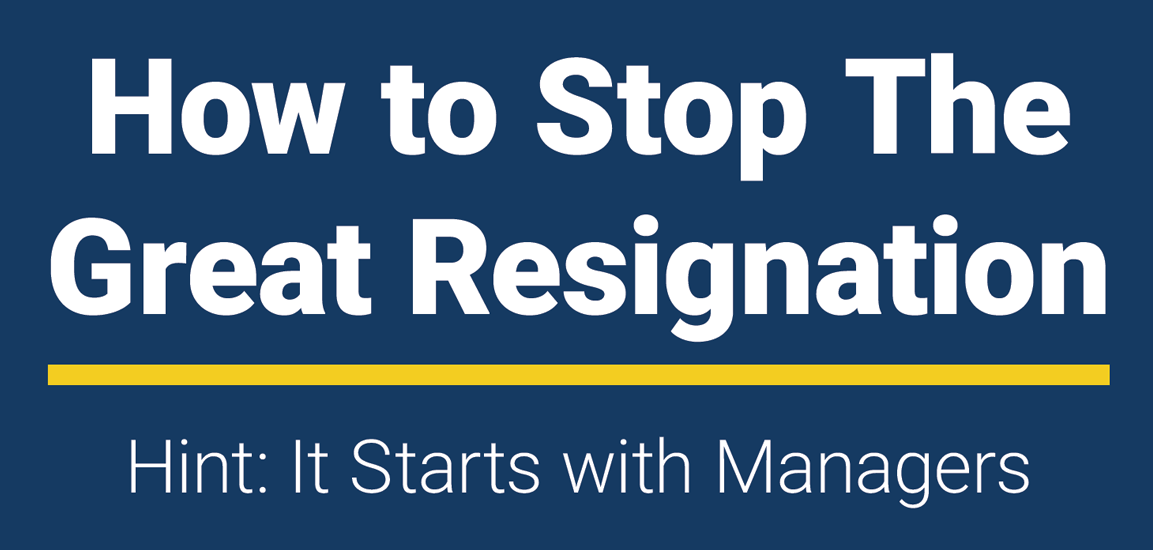
What’s Causing The Great Resignation?
What’s driving this historical moment in time where tens of millions of people have quit or are thinking about quitting their jobs in search of something new? The standard aspects of a job like career advancement, compensation and benefits play a role but it’s the human aspect of work (or, more accurately, the lack thereof) that seems to be pushing people over the edge. An article published by McKinsey & Company in September 2021 reported that because of the isolation, uncertainty, and change brought about by the pandemic, employees are craving human investment in the workplace. Specifically, people want:
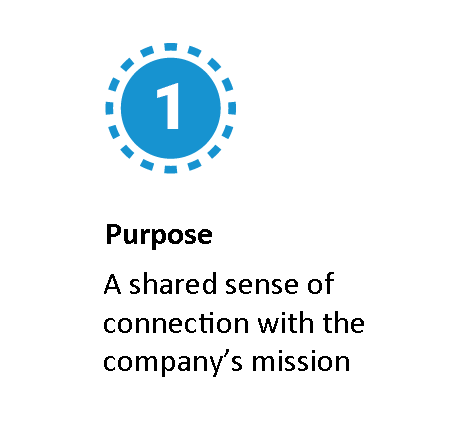
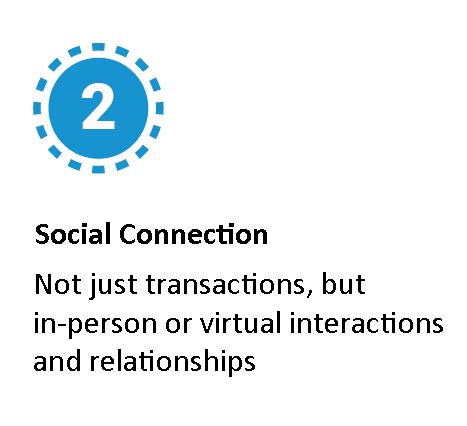
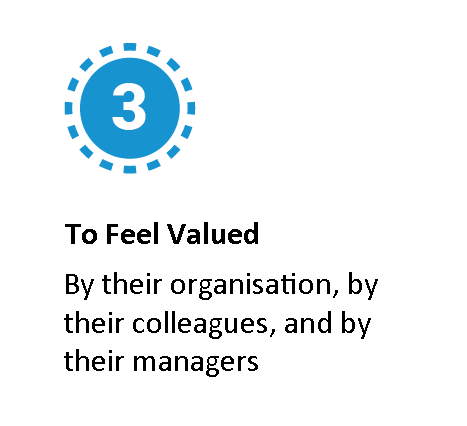
This need for employees to feel valued by their managers seems to be overlooked by employers. In that same McKinsey & Company article, employees rated “valued by my manager” as the #2 most important factor in staying at a job, only behind “valued by my organisation.” Yet, employers placed it significantly lower, behind the more transactional aspects of work like compensation and the ability to work remotely.
Employee Views
- Valued by organisation
- Valued by manager
- Sense of belonging
- Potential for advancement
- Having caring and trusting teammates
- Flexible work schedule
Employer Views
- Looking for a better job
- Inadequate compensation
- Poor health
- Development opportunities
- Poached by another company
- Ability to work remotely
18. Valued by manager
This striking difference between what employees want and what employers THINK they want is a problem.
Understanding the
Employee / Manager
Relationship
We dug in to learn more about this gap in understanding. We surveyed nearly 5,000 employees – from individual contributors to C-suite executives – to get a better understanding of the employee / manager relationship as it stands right now.

First, as you may have guessed, management matters in the current working environment. We learned that the relationship turns over quickly with 62% of respondents reporting a change in their manager within the last two years. Despite tenure, however, managers are a key driver of the employee experience with 96% of individual contributors surveyed agreeing that their manager has an impact on their well being at work, and 42% stating they have left a job in the past because of their manager. In addition, managers are culture shapers with 98% agreeing this group plays a critical role in building an engaged and connected organisational culture.
%
of respondents reported a change in their manager over the past two years
%
of individual contributors surveyed agreed that their manager has an impact on their well-being at work
%
stated they have left a job in the past because of their manager
%
agreed managers play a critical role in building an engaged and connected organisational culture
Second, helping managers improve their effectiveness through management training is universally perceived as a good investment in time and money, with 99% of leaders, 98% of managers and 92% of individual contributors agreeing that it’s worth managers’ time to develop and improve their management skillset.
%
Leaders
%
Managers
%
Individual Contributors

Last, the skills that make a “good” manager and contribute to their effectiveness are more relational in nature.
When our survey respondents were asked to provide one word that describes a good manager, they used words like supportive, leader, trust, and care.
Furthermore, when respondents were asked to select the top management skills necessary for an effective manager, all were the more relational aspects of the job with 57% putting communication at the top, followed by developing others (37%) and motivating others (30%).
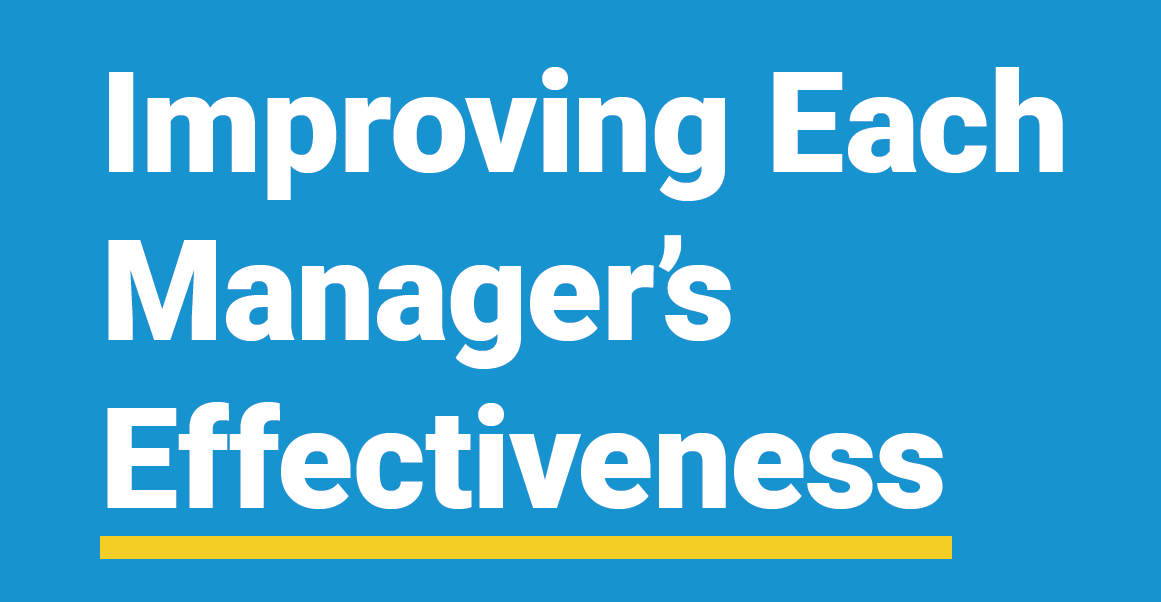
The Great Resignation is a major problem for organisations. But it’s possible that focusing on the manager / employee relationship, and ensuring each manager has the skills they need to adapt their approach to each of their direct reports, could have a massive impact on retention, engagement and, ultimately, performance. Management, like any other human element in the workplace, is not a one-size-fits-all discipline. Each manager has a distinct set of strengths, stressors, hidden assumptions and blind spots they bring to their management practice – all of which are shaped by a lifetime of social and emotional experiences. Here, we use a simple yet powerful personality model – DiSC® – to uncover some of the hidden assumptions each management style brings to work, the impact they have on their teams, and actionable strategies to help each management style rethink their role.
- Discover their DiSC management style
- Explore strategies for effective directing and delegating
- Learn to create motivating environments
- Deepen their ability to develop others based on each individual’s potential
- Improve their working relationship with their own manager
The result is a culture of great managers who bring out the best in their people – and themselves.

D Style Managers

i Style Managers

S Style Managers

C Style Managers

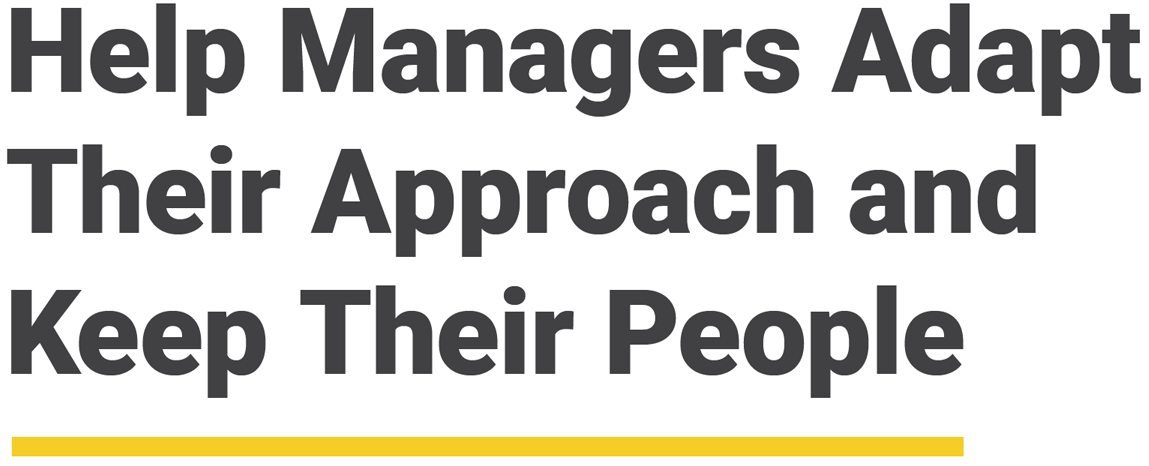
Get in touch
Let Everything DiSC Management transform your organisation